What do I need to consider and what can I do?
Know the signs of abuse and how to get support. Make sure you are safe. If you or someone you know are in immediate danger, call 911.
Know you are not responsible for the abuse
Abuse can happen to people of all ages, abilities, cultural and spiritual backgrounds, gender identities and sexual orientations. Abuse can happen when you least expect it. The person using abusive behaviour is responsible for their actions.
Understand that the abuse and violence will likely continue. This sort of violence rarely stops. Getting knowledgeable support can help.
Abuse and violence usually become more frequent and more severe over time. Be as realistic as you can be in determining the risks in your situation.
Tell someone you trust
Secrecy gives abuse more power. Tell someone who will listen and offer support. Keep telling people you trust until you get the help that you need.
Find people and resources to support you
You are not alone. Others have had this experience and lived through it. Once you start looking for sources of help, you will meet people who understand your situation and can help you learn more about available resources.
Get professional help
Contact a qualified counsellor and/or helpline who understands abuse and violence in relationships. If the first counsellor and/or helpline is not a good fit, try again. People who work in the area of family violence may be able to help you find an appropriate resource, some of which may have a sliding fee or free services available.
Care for yourself
Keeping yourself and others safe requires a lot of energy. Self-care is important to renew your energy and connect to others who may help you when needed.
Spend time with supportive people
Being with supportive people and fostering healthy relationships will be a rewarding experience and will give you a support network in times of need.
*Adapted from Myhealth.alberta.ca and TeachingSexualHealth.ca



